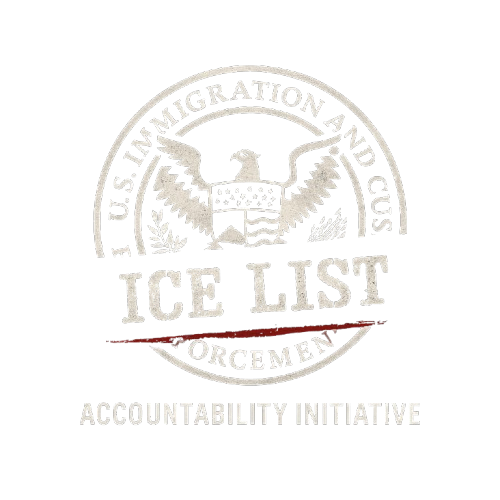Crimes Against Humanity: Case Law Summary
Contents
The term “crimes against humanity” isn’t rhetorical. It’s a legal classification with decades of precedent in international law. This page compiles key cases that set standards for accountability, establishing that widespread abuses — even by governments — can be prosecuted.
Nuremberg Trials (1945–1946)
- Established foundational definitions of crimes against humanity.
- Held that “just following orders” is not a defense.
- Set precedent for prosecuting individuals acting on behalf of state regimes.
Prosecutor v. Tadić (ICTY, 1997)
- Ruled that widespread or systematic attacks against civilians can be prosecuted even during internal conflicts.
- Expanded understanding of non-state actor liability.
Prosecutor v. Akayesu (ICTR, 1998)
- First conviction for genocide under international law.
- Recognized rape as an act of genocide and a crime against humanity.
- Established that sexual violence in detention can meet the threshold.
Pinochet Extradition Case (UK, 1998)
- Ruled that former heads of state can be held accountable for crimes against humanity.
- Opened the door to universal jurisdiction in such cases.
Al-Skeini v. United Kingdom (ECHR, 2011)
- Established that states are responsible for abuses committed by their agents even outside their territory.
- Reinforced extraterritorial application of human rights law.
U.S. v. Karl Linnas (1987)
- U.S. federal court deported a former Nazi concentration camp commander to face trial in the USSR.
- Acknowledged that crimes against humanity disqualify individuals from sanctuary or naturalization.
Jesner v. Arab Bank (U.S. Supreme Court, 2018)
- Limited the ability to bring civil suits in U.S. courts against corporations under the Alien Tort Statute.
- Highlighted ongoing legal tension over corporate accountability for human rights violations.
Significance for ICE and Its Network
These cases prove that international and domestic courts can prosecute systemic abuse, regardless of national policy. They affirm that:
- Individuals can be held responsible even if acting under government authority.
- Contractors and collaborators are not immune.
- Crimes against humanity apply when abuses are widespread, systematic, and targeted against civilians.
This page will grow as more cases are cited in international tribunals and human rights litigation. If you have legal expertise or relevant case material to contribute, contact us. The legal framework for ICE accountability is not hypothetical. It’s already been written — we just have to apply it.
